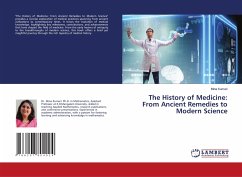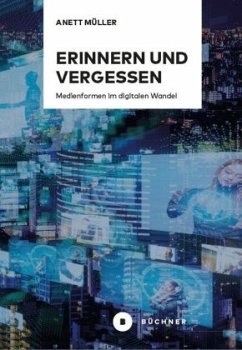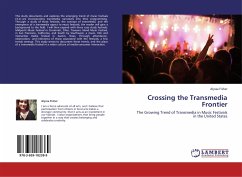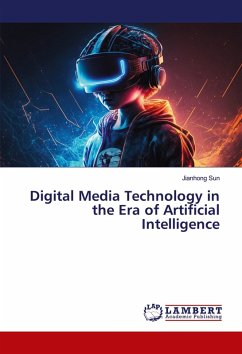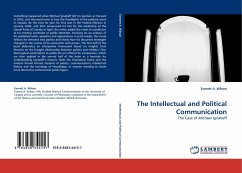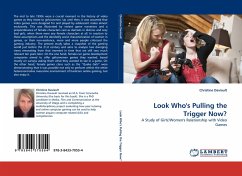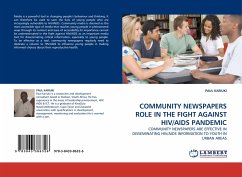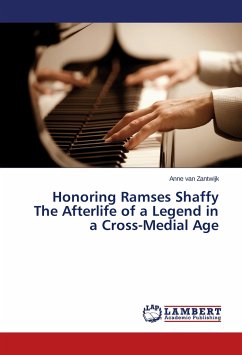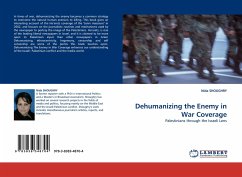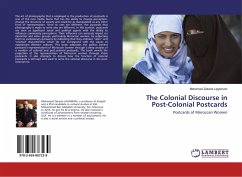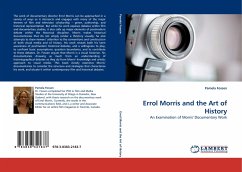
Errol Morris and the Art of History
An Examination of Morris'' Documentary Work
Versandkostenfrei!
Versandfertig in 6-10 Tagen
45,99 €
inkl. MwSt.

PAYBACK Punkte
23 °P sammeln!
The work of documentary director Errol Morris can be approached in a variety of ways as it intersects and engages with many of the major themes of film and television scholarship genre, authorship, and historical representation. But while his work exposes debates within film and documentary studies, it also calls up major elements of postmodern debate within the historical discipline. Morris makes historical documentaries that do not simply render a (hi)story visually; he also attempts to draw viewers' attention to the conventions and construction of both visual media and of history. His work ...
The work of documentary director Errol Morris can be approached in a variety of ways as it intersects and engages with many of the major themes of film and television scholarship genre, authorship, and historical representation. But while his work exposes debates within film and documentary studies, it also calls up major elements of postmodern debate within the historical discipline. Morris makes historical documentaries that do not simply render a (hi)story visually; he also attempts to draw viewers' attention to the conventions and construction of both visual media and of history. His work reveals both his keen awareness of postmodern historical debates, and a willingness to play, to confront basic assumptions, question boundaries, and to contribute to those debates. Dr. Fossen argues that Morris is a visual historian, his documentaries drawing as much from an understanding of historiographical debates as they do from Morris' knowledge and artistic approach to visual media. This book closely examines Morris' documentaries to consider the structure and strategies that characterise his work, and situate it within contemporary film and historical debates.



